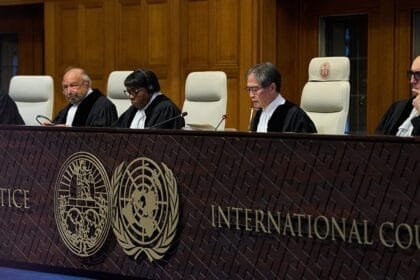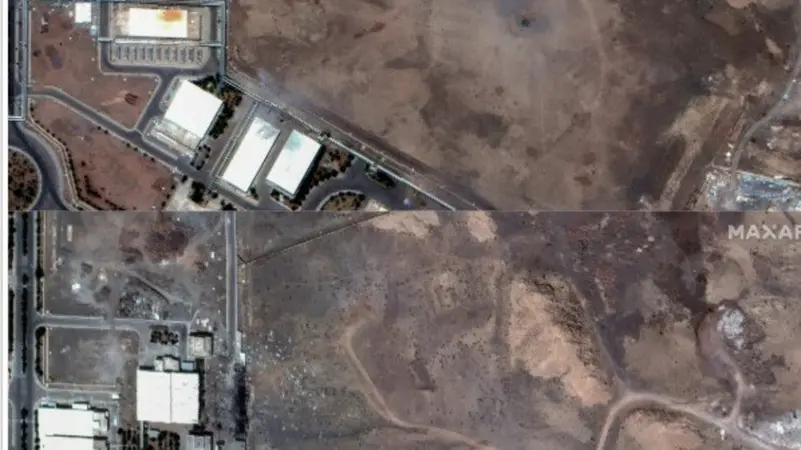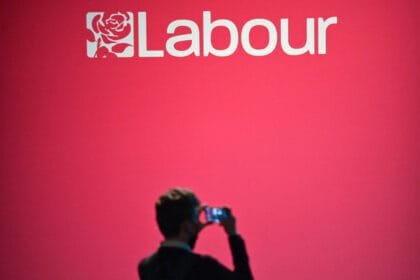London – Britain – Tensions escalated within Britain after a public dispute erupted between Prime Minister Keir Starmer and MI5 chief Ken McCallum over a spying case linked to China.
It was recently dropped, turning from a security file into a political storm that threatens the public’s confidence in state institutions.
The issue that sparked the crisis
The incident dates back to two Britons, Christopher Cash and Christopher Perry, who were accused of collecting sensitive information for China from within the British Parliament.
However, the prosecution dropped the charges due to insufficient evidence directly linking China to activities that threaten national security.
This angered the intelligence agency, which confirmed that it had thwarted a dangerous espionage operation, but that it did not have the authority to compel the prosecution to proceed with the trial.
MI5 expresses frustration
In his annual address, MI5 chief Ken McCallum said the Chinese threat is real and growing daily, expressing his frustration at the failure of the trial despite strong indications of intelligence activity within sensitive British institutions.
He added that his country needs to develop its legislation to keep pace with new methods of espionage and influence, noting that current legal procedures restrict the work of security agencies.
Starmer’s response: No political interference
For his part, Prime Minister Keir Starmer rejected accusations of obstructing the investigation or being lax with China, stressing that the prosecution’s decision was purely legal, not political.
He announced that he would release the testimonies of key witnesses in the case to demonstrate the government’s transparency, noting that his administration is adopting an approach based on cooperation where possible, competition where necessary, and confrontation when necessary in dealing with Beijing.
Accusations of leniency towards Beijing
Starmer’s opponents, particularly within the Conservative Party, accused him of seeking to soften his stance on China to preserve economic ties, while his supporters believe the issue has been exploited politically to weaken the government.
The British Parliament, for its part, has begun investigating the circumstances surrounding the collapse of the trial, amid questions about who controls the evidence and why sufficient documentation was not presented to support the case before the court.
China responds
In contrast, Beijing rejected the accusations, describing them as baseless slander, warning that continued distortion of China could negatively impact bilateral relations, stressing its adherence to a policy of non-interference in the internal affairs of other countries.
Broader implications
The case exposed a conflict between national security priorities and diplomatic interests.
It revived the debate about the strictness of British laws against foreign espionage, especially in light of the government’s attempts to open a new page with Beijing on the basis of conditional cooperation.

















